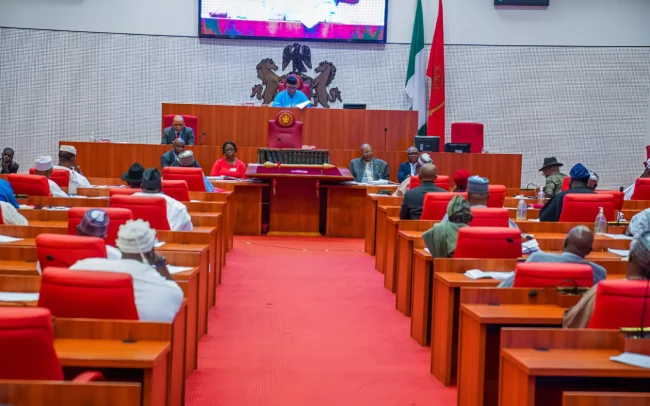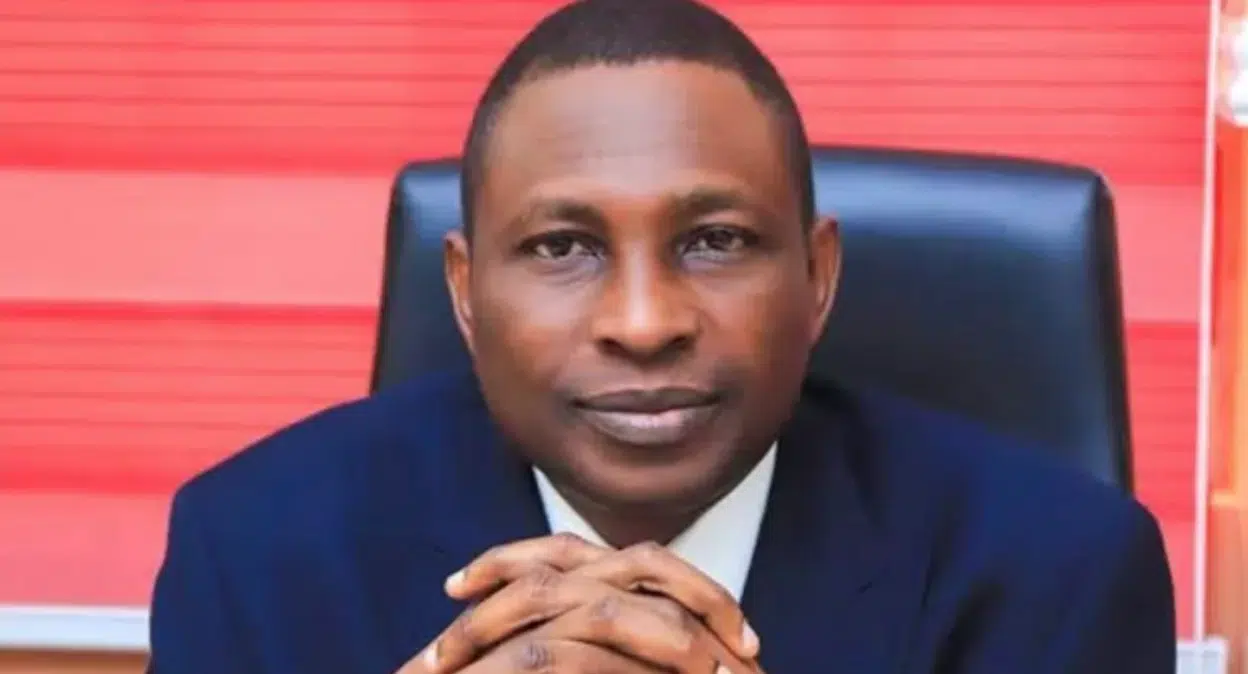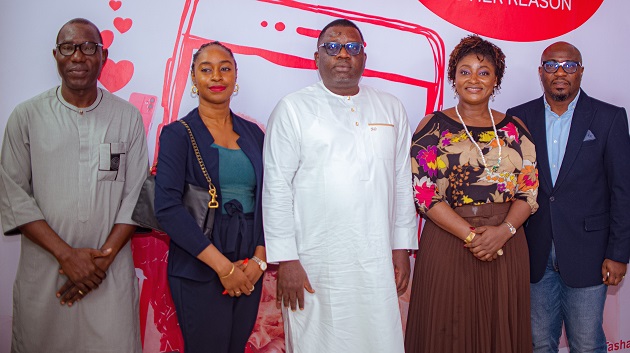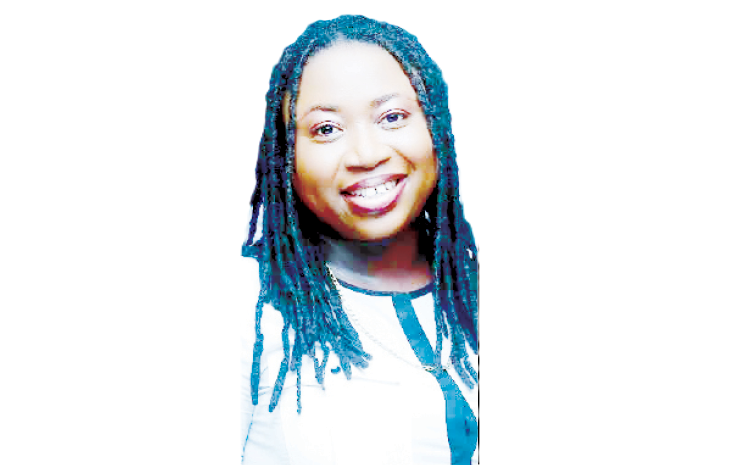It has been observed that poor funding and poverty among the people are some of the major challenges affecting the implementation of the Administration of Criminal Justice Act (ACJA) in Jigawa State and the country at large.
The observation was made by the team of ACJA Compliance Level Actors in the state during the two-day workshop on the Administration of Criminal Justice Act 2015, organized by the CLEEN Foundation with support from the MacArthur Foundation, held at Grand Ambard Hotel in Dutse.
During the meeting, the acting executive director of the CLEEN Foundation, Peter Maduoma, presented the outcome of research conducted on the compliance level of actors to the provisions of the Administration of Criminal Justice Laws in the eight project states in the country.
The acting executive director noted that the workshop would also take an overview of state capacity to facilitate the effective implementation of the ACJA regime, consider the justice gap, and discuss how to close it through state capacity in the area of good and adequate budgeting and the critical role of strategic advocacy and communication as a tool for policy formulation and change.
According to him, “For us in CLEEN Foundation, it is important that all the deliberations in this two-day workshop will lead to great improvement in the work we all have been doing in the advancement of the ACJA/L across the nation and particularly in our states.”
According to him, as of today, the ACJA has been enacted as law across the 36 states of the Federation. However, it is not “Uhuru” yet because the beauty of any law or legislation lies in the effective and efficient implementation of its content by the agencies that have been saddled with that responsibility, as well as the perception and understanding of the citizenry regarding what benefits are derivable from it for a better society.
“To this end, the ACJA/L has been set to achieve a society where peace and justice reign and no one is oppressed. It is also this kind of society that will deliver the development that we all desire,” he said.
The stakeholders that formed an observatory group included members of civil society organisations, media representatives from human rights, the Police, Correctional Services, Nigeria Immigration Service, Lawyers, and the Ministry of Justice, among others.
The participants were drawn from Civil Society Organizations (CSOs), the Police, Correctional Services personnel, the Media, the Judiciary, the NBA, Legal Aid, and the State Assembly. They brainstormed, identified the challenges, and designed advocacy strategies to address them.
READ MORE FROM: NIGERIAN TRIBUNE

 6 hours ago
3
6 hours ago
3













